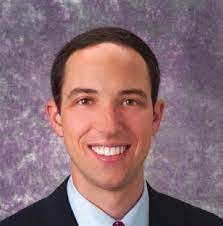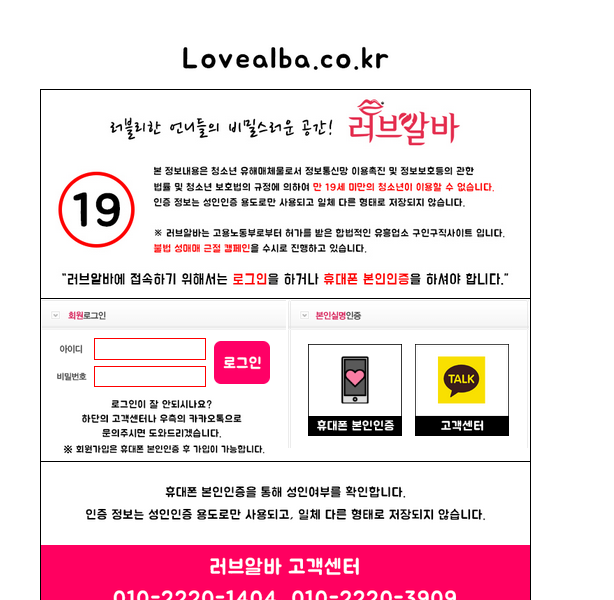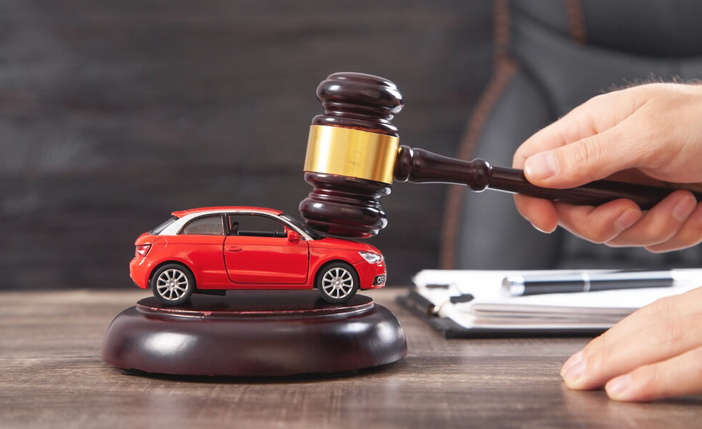Introduction: In the realm of receiving medical care, effective communication with your emergency doctor is paramount to ensuring the best possible outcomes. Dr Michael Hilton underscores the significance of clear and open dialogue between medical professionals and patients, recognizing its role in facilitating accurate diagnoses and optimal treatment plans. This article offers invaluable insights into how patients can communicate effectively with emergency medical professionals, fostering a deeper understanding and promoting superior healthcare outcomes.
Thoroughly Explain Your Health Issue: When engaging with your emergency doctor, begin by providing a comprehensive account of your health issue. Clearly articulate the symptoms you’re experiencing, their duration, and any pertinent factors that might aid in accurate diagnosis. Elaborate on the intensity of pain, any accompanying symptoms such as nausea or dizziness, and any triggers that could be relevant. This level of detail empowers your doctor to conduct precise assessments and formulate appropriate courses of treatment.
Don’t Hesitate to Discuss Prescriptions: Feeling at ease discussing prescriptions with your emergency doctor is crucial, particularly if you require medication for pain management or alleviating specific symptoms. Should over-the-counter remedies prove inadequate, openly express your need for a prescription. Your emergency doctor will evaluate your condition and prescribe medication accordingly. Transparent communication regarding your preferences and apprehensions enables your doctor to offer the most fitting treatment options.
Understanding Emergency Room Visits: Gaining a realistic understanding of what to expect during emergency room visits is imperative. While emergency rooms deliver immediate medical attention, they are not designed for extended stays or all-encompassing medical services found in fully equipped medical centers. Your emergency doctor will provide necessary immediate care and stabilize your condition. However, it’s important to recognize that follow-up care might be required through your primary care physician or a specialist.
Schedule Follow-up Appointment with Your Primary Care Physician: Post your emergency room visit, it’s prudent to schedule a follow-up appointment with your primary care physician. This step guarantees continuous care and affords your physician the opportunity to address any ongoing concerns or monitor your recovery. Your primary care physician will receive the medical record from your emergency room visit, enabling them to possess a comprehensive understanding of your condition and deliver tailored follow-up care.
Active Participation and Asking Questions: Active participation forms the foundation of effective communication with your emergency doctor. Don’t hesitate to ask questions, seek clarifications, and voice any concerns you may have. Grasping your diagnosis, treatment options, and projected outcomes empowers you to make informed decisions about your health. Your emergency doctor values your engagement and will provide the requisite information to foster your understanding.
Conclusion: Effective communication with your emergency doctor is pivotal to receiving optimal medical care. Dr Michael Hilton By meticulously elucidating your health issue, discussing prescriptions, comprehending emergency room dynamics, coordinating follow-up appointments with your primary care physician, and actively participating in conversations, you can establish a collaborative rapport with your healthcare provider. This empowerment enables you to receive top-tier care, nurturing your overall well-being and cultivating a positive doctor-patient relationship.



